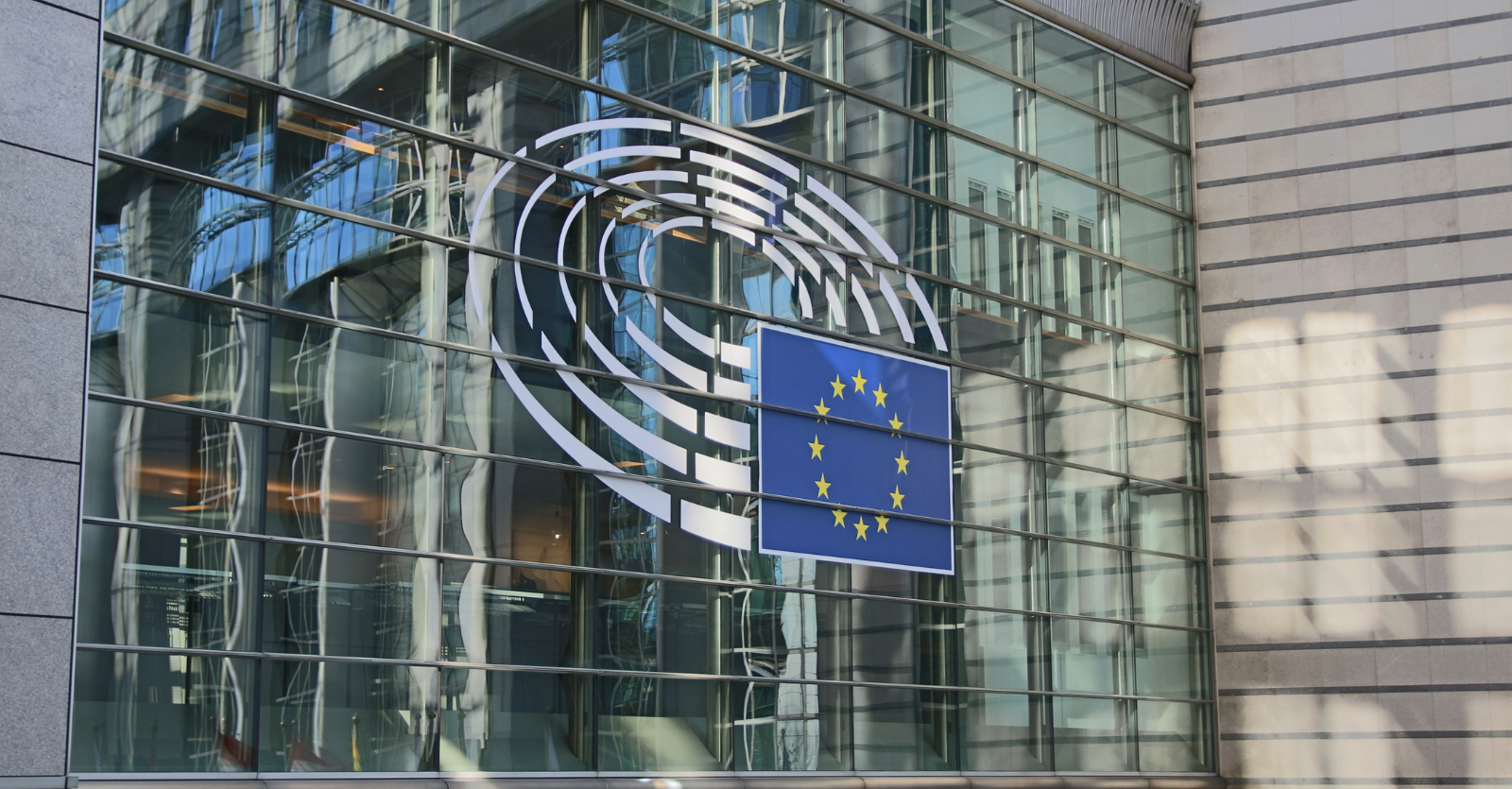December 15, 2023
European Parliament reaches historic agreement and ignites era of AI regulation

By Ehab Naim
In June of 2023, the European Union was set to discuss laws that regulate the work of artificial intelligence (AI). You can read more about these regulations and their impact on AI-based companies here. During the past session, European Parliament Members and Council negotiators held numerous discussions about what these regulations and policies should look like. On Friday, December 9, 2023, the European Parliament reached a provisional agreement on a bill (Artificial Intelligence Act) they mentioned was designed to “ensure AI in Europe is safe, respects fundamental rights and democracy, while businesses can thrive and expand.” This has now ignited an era of AI regulation.
Banned Applications
The European Parliament Members banned certain areas where the applications of AI could pose a threat to the population’s rights and democratic values. The co-legislators agreed to prohibit:
- Biometric classification systems employing sensitive attributes (such as political, religious, and philosophical beliefs, as well as factors like sexual orientation and race);
- The non-specific extraction of facial images from the internet or CCTV footage with the aim of assembling facial recognition databases;
- Emotion recognition in professional or educational settings;
- Social credit (scoring) systems that employ behavioral or personal traits as a means to reward or punish individuals;
- AI systems that influence human behavior in a way that subverts their freedom and their free will;
- AI systems that are employed to take advantage of individuals’ vulnerabilities, including factors such as age, disability, and social or economic circumstances.
Exemptions
The Parliament Members and Council Negotiators agreed on certain exemptions to be made however. For example, the use of AI in the classifying of biometric information obtained from publicly accessible spaces is permitted for law enforcement agencies under strict conditions. Moreover, the use of real-time biometric identification systems is restricted by time, location, and purpose. Examples include targeted victim search (such as victims of abduction), protecting innocent civilians from vicious attacks, and identifying suspects of major crimes (such as murder, trafficking, and others).
High-risk Systems
The legislators defined a number of high-risk AI systems, including those with an impact on “health, safety, fundamental rights, environment, democracy and the rule of law”. Other systems identified as high-risk included those that could influence voter behavior and election results and key critical business sectors like banking. The legislators gave individuals the right to file complaints against high-risk AI systems that could affect their rights and receive explanations concerning the decisions made by the AI systems.
In addition to the above, the legislators set some guardrails to protect against the impact of general AI, where stringent regulations have been implemented. For example, if high-impact general-purpose AI models meet specific standards, there will be a need to “conduct model evaluations, assess and mitigate systemic risks, conduct adversarial testing, report to the Commission on serious incidents, ensure cybersecurity, and report on their energy efficiency.”

European Parliament Reaches Historic Agreement and Ignites Era of AI Regulation
The Cost of Non-compliance
Violating the rules and regulations set forth by the legislators will incur significant costs on non-compliant businesses. According to the European Parliament, non-compliance can result in “fines ranging from €35 million or 7% of global turnover to €7.5 million or 1.5 % of turnover, depending on the infringement and size of the company.”
Where Does Narrativa Stand?
Narrativa is a leading human-centric, generative AI company offering diverse solutions across various industries, such as Life Sciences, Finance, Marketing, and Entertainment. We can confirm that our suite of generative AI-based technology (and related solutions) fully complies with the policies and regulations set forth in the European Parliament’s new legislation.
Narrativa hosts its own platform that empowers employees and businesses alike. We believe that the primary use of generative AI should be to make you more productive and less stressed by automating repetitive tasks so that you have more time for the projects that require a human touch. We also support businesses and organizations in growing their revenue and market share by offering them solutions that help improve their efficiency and optimize their ability to scale.
About Narrativa
Narrativa is an internationally recognized generative AI content company that believes people and artificial intelligence are better together. Through its proprietary content automation platform, teams of all types and sizes are empowered to build and deploy smart composition, business intelligence reporting, and process optimization content solutions for internal and external audiences alike.
Its tech stack, consisting of data extraction, data analysis, natural language processing (NLP), and natural language generation (NLG) tools, all seamlessly work together to produce content quickly and at scale. In this way, Narrativa supports the growth of businesses across a variety of industries, while also saving them both time and money. Accelerate the potential with Narrativa.
Contact us to learn more about our solutions!
Share







